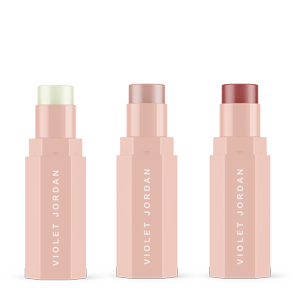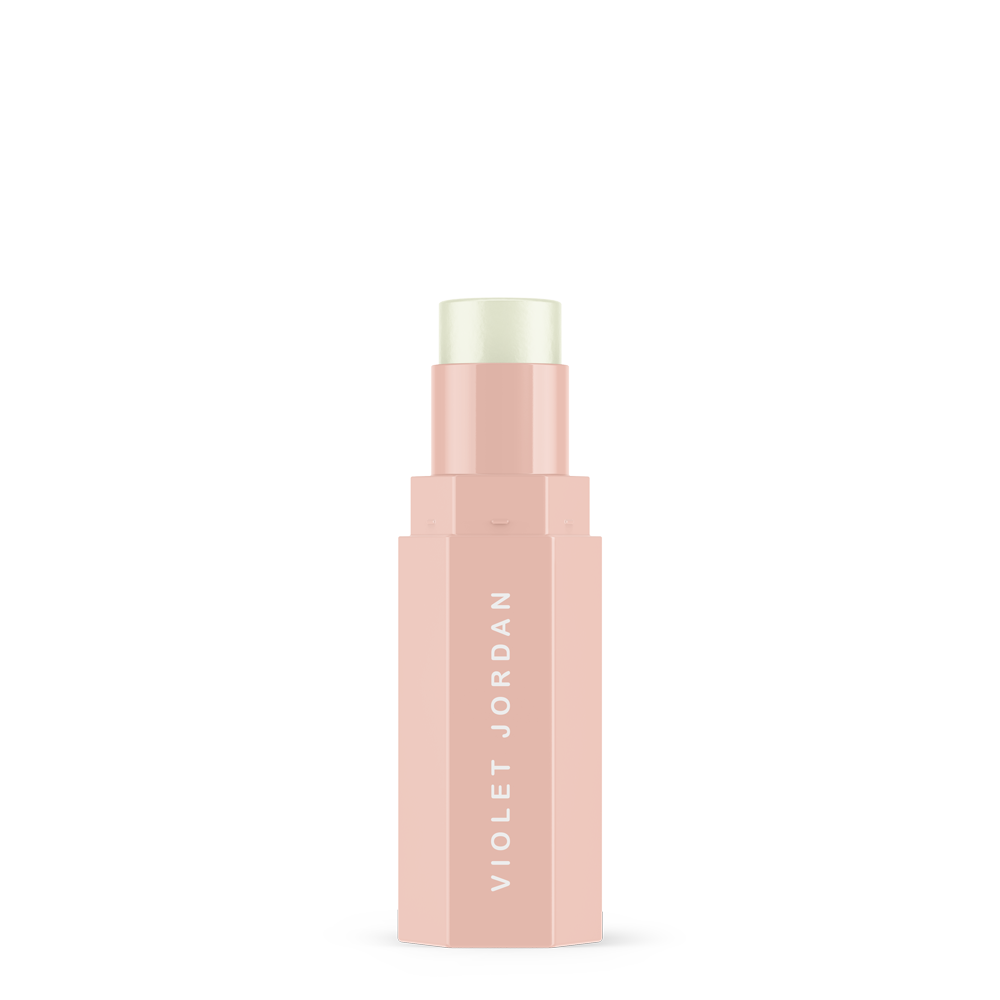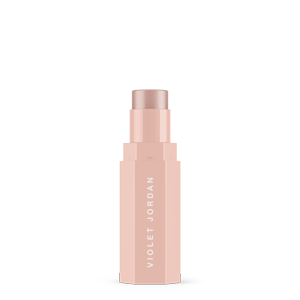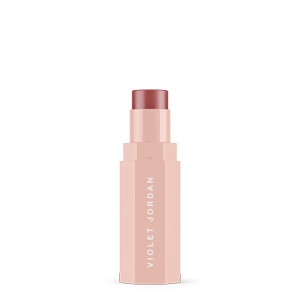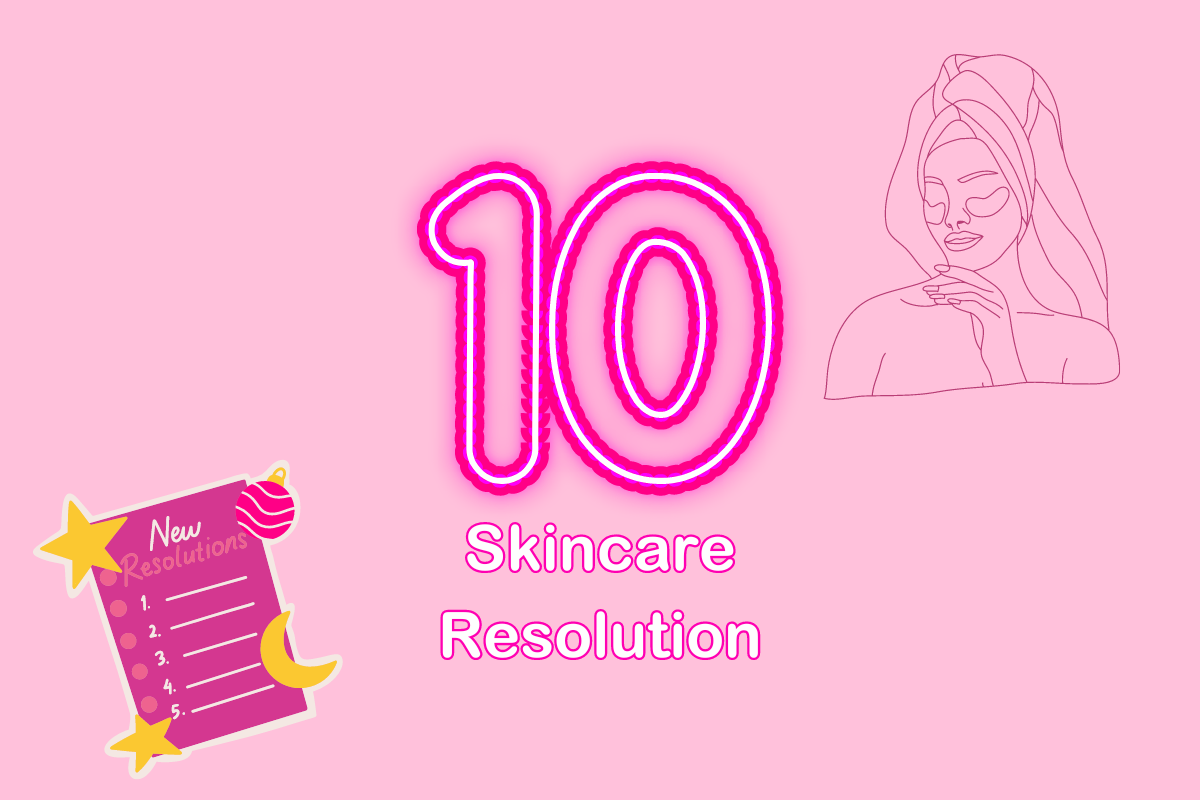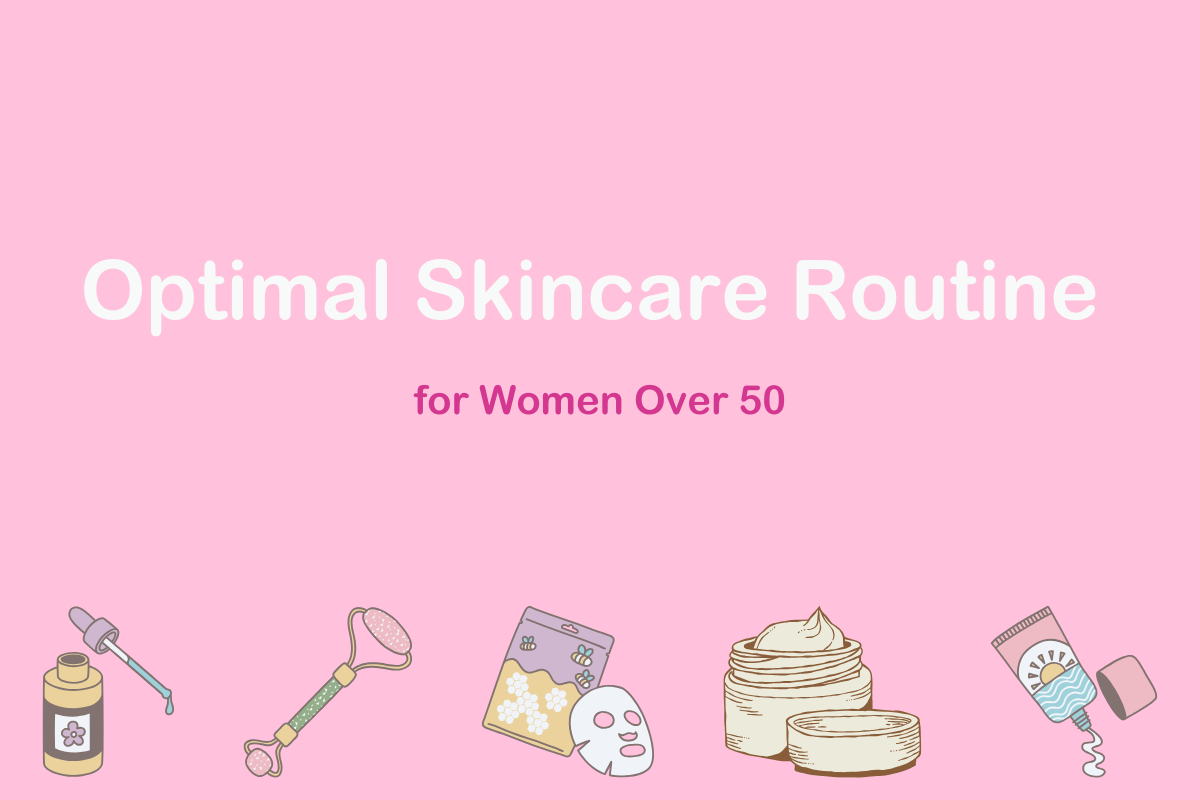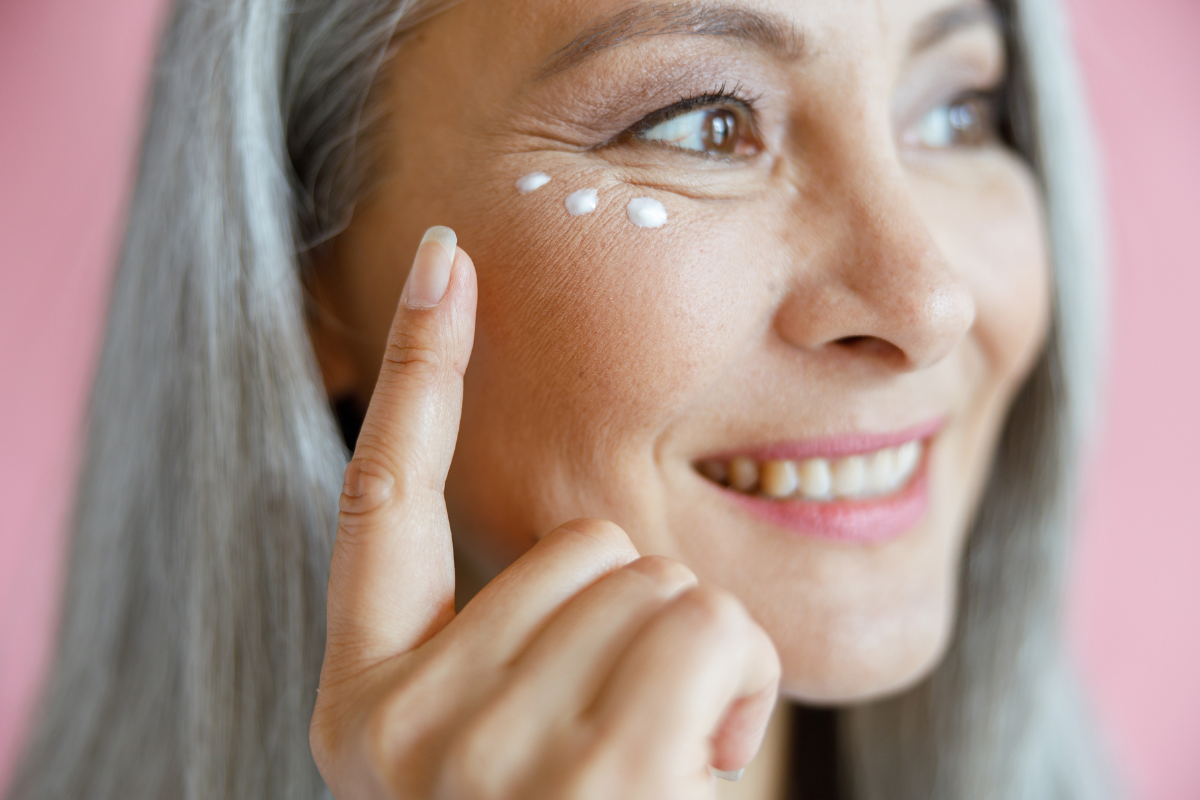
It's not uncommon for our hair to lose some of its volume and vitality as we age. For many women over 50, maintaining thick, healthy strands can become more challenging due to factors like hormonal changes, decreased collagen production, and natural ageing. However, with the right care and attention, it's entirely possible to keep your hair looking its best. Here are some tips to help you achieve thicker, healthier hair.
1. Nourish Your Hair from Within
Healthy hair starts from the inside out, so paying attention to your diet is crucial. Ensure you're eating a balanced diet rich in vitamins and minerals that promote hair health, such as biotin, vitamin E, zinc, and omega-3 fatty acids. Foods like salmon, nuts, seeds, eggs, and leafy greens can provide the nutrients your hair needs to stay strong and thick. And because hair follicles are made mostly of protein, it’s important to include a lot of protein-rich food into your diet.
Additionally, staying well-hydrated by drinking plenty of water throughout the day is essential for maintaining overall hair health.

2. Use Strengthening Sulphate-Free Hair Shampoo
Ageing results in our hair can becoming more delicate and prone to breakage, so it’s important to choose hair products that are gentle and nourishing. Look for shampoos and conditioners that are sulphate-free as these can leave hair limp, brittle and stripped of healthy natural oils. Instead go for shampoos enriched with natural ingredients such as argan oil, shea butter, or keratin.
A shampoo that contains proteins, vitamin B5 (also known as panthenol) and/or biotin as hero ingredients make hair really look more abundant. This is because the protein coats the outer layer of each hair strand for a fuller look, vitamin B5 attracts moisture that swells up the hair shaft from within and biotin helps rebuild keratin.
These shampoos can help to retain moisture and strengthen your hair, reducing breakage and promoting healthier strands.
3. Avoid Overwashing
Washing your hair too frequently can strip it of its natural oils, leaving it dry and more prone to breakage. Aim to wash your hair 2-3 times a week to allow your scalp's natural oils to nourish and protect your strands. On days when you don't wash your hair, you can use a dry shampoo to refresh your roots and absorb any excess oil.
For extra care, follow up with our Hair Repair Oil, a blend of 100% natural oils including argan, apricot, and sea buckthorn, which locks in moisture and restores shine to your hair. Simply apply a few drops to your palms and rub through the mid to end lengths of your hair for best results.

3. Boost Hair from the Roots
A healthy scalp is the foundation for healthy hair. Regular scalp massages can help to stimulate blood flow to the hair follicles, promoting hair growth and thickness. You can use your fingertips or a specialised scalp massager to gently massage for a few minutes each day to nourish and strengthen hair from the roots.
For added benefit, try using our Root Boost Hair Oil to nourish and strengthen hair from the roots. Enriched with castor oil, green tea oil, and a floral blend of essential oils, this treatment should be used 2-3 times per week. Apply it directly to your scalp, massage well to stimulate follicles, and let it sit for at least 30 minutes before washing it out. This will help maintain a strong foundation for your hair.
4. Use a Leave In Conditioner
Using a leave-in conditioner in addition to your regular rinse-out conditioner can make a significant difference. A good leave-in conditioner helps to detangle hair, increase moisture and shine, prevent breakage and frizz, keep processed colour vibrant, and even act as a heat protectant.
Incorporating our Nourishing Hair Mist, can help detangle, increase moisture and shine, and protect your hair from further damage. This extra step in your hair care routine can be particularly beneficial for mature hair, which may be more prone to dryness and damage.
5. Be Careful with Heat Styling
Heat styling tools like hairdryers, straighteners, and curling irons can cause significant damage to your hair, especially as it becomes more fragile with age. To protect your hair, try to minimise the use of heat styling tools and always use a heat protectant spray before styling. If possible, allow your hair to air dry or use the cool setting on your hairdryer to reduce heat exposure. When styling your hair, opt for gentle, heat-free methods like using rollers or braiding your hair overnight for natural waves.

6. Trim Regularly to Maintain Healthy Ends
Regular trims are essential for maintaining the health and thickness of your hair. Trimming your hair every six to eight weeks helps to prevent split ends and breakage, which can make your hair appear thinner and less healthy. Even if you're trying to grow your hair longer, regular trims are crucial for keeping your strands in top condition.
7. Consider Supplements for Hair Health
If you’re not getting enough essential vitamins and minerals from your diet alone, you might want to consider taking supplements to support your hair health. Biotin, also known as vitamin B7, is a popular supplement for promoting hair growth and thickness. Other supplements to consider include vitamin D, collagen, and iron, all of which play a role in maintaining healthy hair. Before starting any new supplements, it’s a good idea to consult with a healthcare professional to ensure they’re suitable for you.
8. Avoid Tight Hairstyles
Tight hairstyles that pull on the hair, such as ponytails, buns, or braids, can cause stress on the hair follicles and lead to breakage or thinning over time. To keep your hair healthy and thick, try to avoid tight hairstyles and opt for looser styles that don’t put as much tension on your hair. If you must tie your hair up, use soft, fabric-covered hair ties that are less likely to cause damage.
9. Manage Stress
Stress can be a major factor in hair loss, so finding ways to manage it is essential for maintaining healthy hair. Incorporate stress-reducing activities like yoga, meditation, or regular exercise into your routine. These practices can help lower stress levels, which in turn can help prevent stress-related hair loss and maintain overall hair health.
10. Protect Your Hair from the Sun
Just as your skin needs protection from the sun, so does your hair. Prolonged sun exposure can damage your hair, making it dry, brittle, and more prone to breakage. To protect your hair, wear a hat or scarf when you're out in the sun for extended periods. You can also use hair products that contain UV protection to shield your strands from the harmful effects of the sun.


